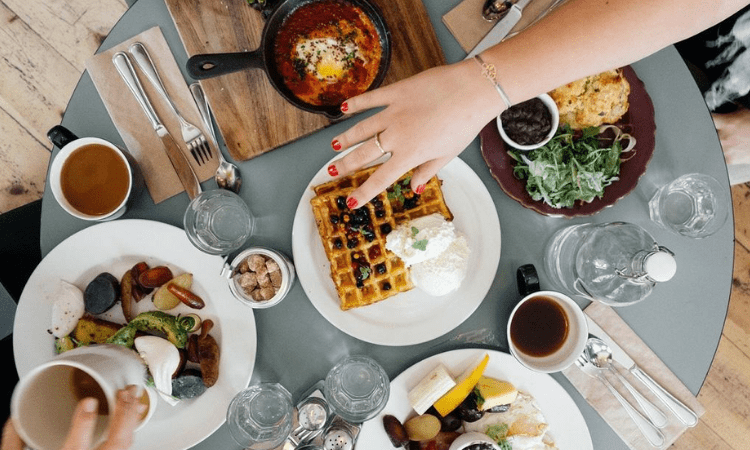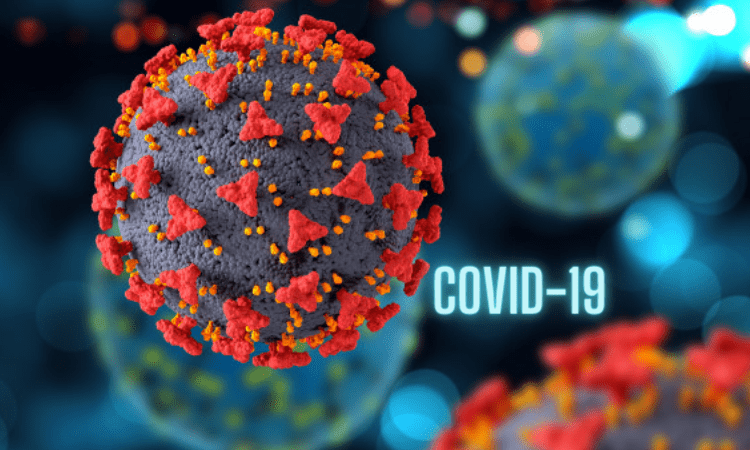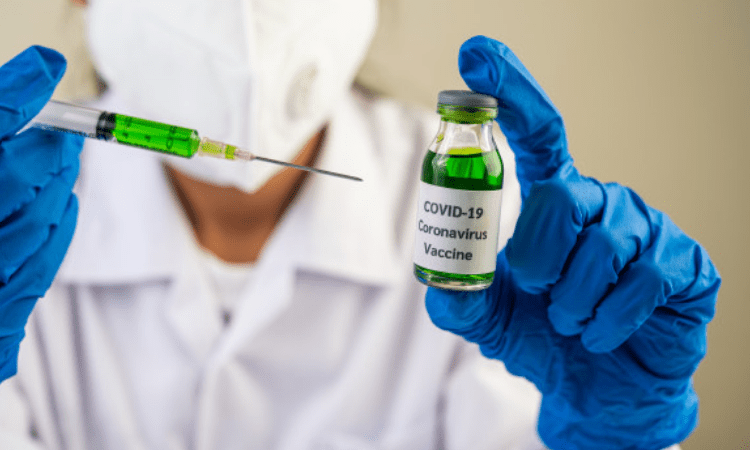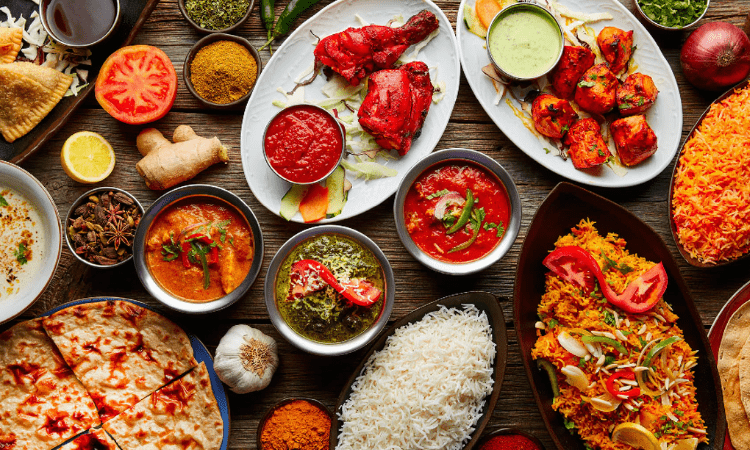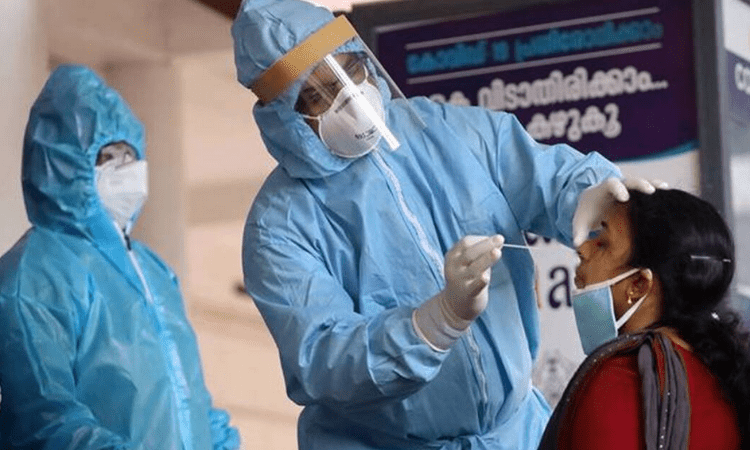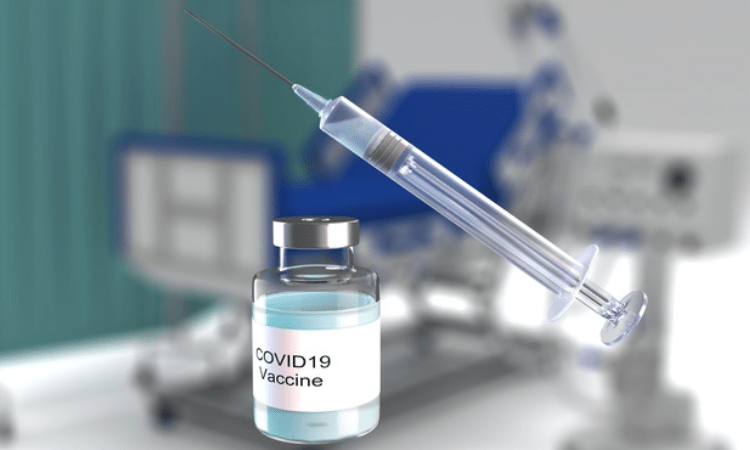A special study, conducted in the age group of 18-50 years, across four cities, has shown that 44 per cent of the urban millennials skipped breakfast during Covid times.
The study was done between March 2020 and February 2021 by London-based market research major Euromonitor International and PepsiCo India through its brand Quaker.
According to an official release, the study highlighted that 44 per cent of urban millennials skipped breakfast and delayed meals due to increased household chores and late start to the day.
Further, 64 per cent of urban millennial respondents were driven towards a healthy immune system.
The study further pointed out that increased consumption of fruits, vegetables, and whole grains, including oats, emerged as the key trend during the pandemic.
Titled “Changing lifestyles and dietary habits of Urban Indian consumers post COVID-19”, the study was conducted involving 1,000 respondents in the age group of 18-50 years, focusing on urban millennials in Delhi, Mumbai, Bangalore, and Kolkata.
The study analysed the changing lifestyle and dietary patterns of people post-Covid to understand consumer behaviour.
It tracked a changing pattern, particularly amongst urban millennials towards dietary habits for a healthy immune system and maintaining weight.
The study also mapped if changed behaviours would sustain in the future and outlined the fact that weight watchers must understand the significance of having meals on time and consuming nutrient-rich breakfast.
Further, it found that 71 per cent of urban millennials leaned towards the popularity of fad diets, including keto, intermittent fasting, and weekly detox plan, among others to maintain weight.
Vidhi Sharma, consultant, Euromonitor International said, “While millennials acknowledge the importance of breakfast and believe that it should have wholesome nutrition, they often tend to skip breakfast due to their work schedules or tend to just grab a quick snack in the morning. Popular fad diets are supporting this behaviour of skipping breakfast.”
Talking about the study findings, Sonam Vij, Associate Director and Category Lead – Quaker Portfolio, PepsiCo India said, “Urban millennials are now increasingly focusing on improving their physical and mental health that constitutes an active lifestyle. We also see that they are shifting to food choices for a healthy immune system as shown by the study.”


